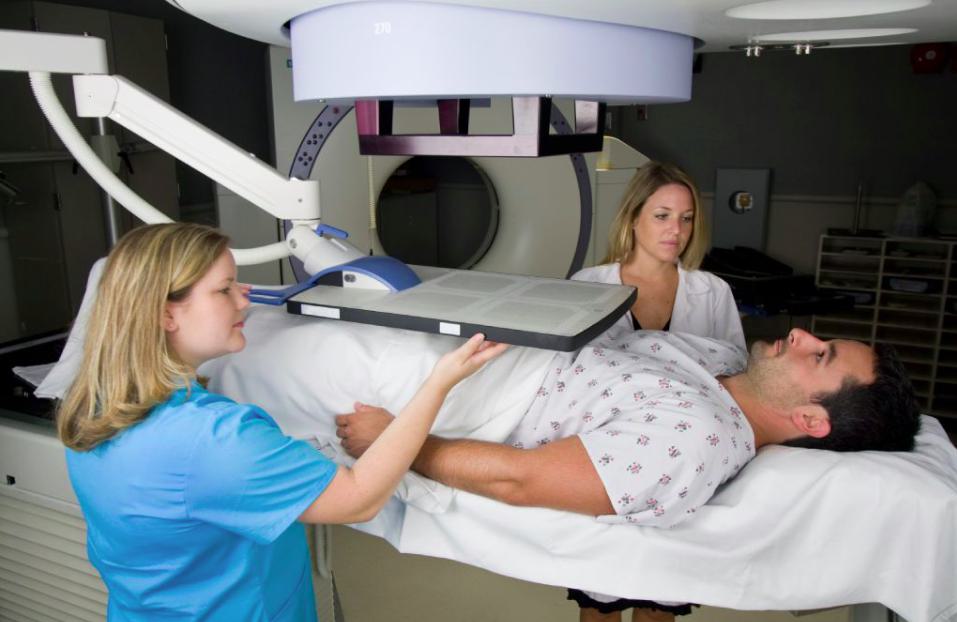Radiation therapy is one of the most common treatments for prostate cancer, often used either alone or in combination with surgery or hormone therapy. While highly effective at targeting and destroying cancer cells, radiation can also affect nearby healthy tissues, leading to potential side effects. Understanding these effects is crucial for patients and their families when making informed decisions about treatment.
The side effects of radiation for prostate cancer vary depending on the type of radiation used, dosage, and the patient’s overall health. Some effects may appear during treatment, while others can develop months or even years later. By learning about possible outcomes, patients can better prepare, manage symptoms, and improve their quality of life throughout the treatment journey.
Definition and Overview
Radiation therapy for prostate cancer involves the use of high-energy rays or particles to destroy cancer cells. The two main approaches are external beam radiation therapy (EBRT) and brachytherapy, also known as internal radiation. These therapies work by damaging the DNA of cancer cells, preventing them from multiplying and eventually causing them to die.
The goal of radiation is to eliminate cancer while minimizing damage to healthy surrounding tissues, such as the bladder and rectum. However, because the prostate gland is located deep in the pelvis and close to other organs, some side effects are inevitable.
Types
The main types of radiation therapy for prostate cancer include:
- External Beam Radiation Therapy (EBRT): High-energy beams directed from outside the body to the prostate.
- Brachytherapy: Radioactive seeds implanted directly into the prostate.
- Proton Beam Therapy: A more precise form of EBRT that uses protons instead of X-rays.
- Stereotactic Body Radiation Therapy (SBRT): Delivers higher doses of radiation in fewer sessions.
Each type comes with unique benefits and risks, influencing the side effects a patient may experience.
Causes and Risk Factors
The side effects of radiation for prostate cancer primarily result from damage to surrounding tissues near the prostate. Factors that may increase the likelihood of side effects include:
- High radiation doses
- Larger treatment areas
- Pre-existing urinary or bowel conditions
- Advanced age
- Combination therapies with surgery or hormone therapy
Symptoms and Early Warning Signs
Side effects can vary in intensity and timing. Common short-term symptoms include:
- Frequent or painful urination
- Blood in urine or semen
- Fatigue
- Diarrhea or rectal irritation
Long-term side effects may include erectile dysfunction, chronic urinary problems, or bowel changes such as rectal bleeding.
Diagnosis
Radiation side effects are typically diagnosed through patient-reported symptoms and follow-up medical evaluations. Doctors may perform imaging tests, blood work, and physical exams to determine whether symptoms are related to treatment or to cancer recurrence.
Treatment Options
Managing side effects of radiation for prostate cancer often involves supportive care and medication, such as:
- Medications: To reduce inflammation, control pain, or manage urinary issues.
- Lifestyle adjustments: Dietary changes to ease bowel problems or reduce bladder irritation.
- Pelvic floor exercises: To strengthen muscles and reduce urinary incontinence.
- Erectile dysfunction treatments: Including oral medications, vacuum devices, or penile implants.
Prevention and Lifestyle Recommendations
While side effects cannot always be prevented, certain steps can help reduce their severity:
- Stay well-hydrated during treatment.
- Avoid bladder irritants such as caffeine and alcohol.
- Follow a high-fiber diet to support bowel health.
- Engage in light physical activity to combat fatigue.
- Practice stress management techniques like meditation or yoga.
Prognosis and Survival Rates
Radiation therapy is highly effective, with excellent survival rates for early-stage prostate cancer. Most men treated with radiation live long and healthy lives. However, the side effects of radiation for prostate cancer can influence long-term quality of life, making symptom management an important aspect of care.
Latest Research and Innovations
Advances in radiation technology, such as image-guided radiation therapy (IGRT) and intensity-modulated radiation therapy (IMRT), have significantly reduced side effects by improving precision. Proton therapy is also showing promise in minimizing damage to healthy tissues. Research continues to focus on balancing effectiveness with safety.
Coping and Support for Patients
Dealing with the side effects of radiation for prostate cancer can be emotionally and physically challenging. Support options include:
- Joining prostate cancer support groups
- Seeking counseling for emotional well-being
- Working with dietitians and physical therapists
- Maintaining open communication with healthcare providers
Conclusion
Radiation therapy remains a cornerstone of prostate cancer treatment, but it can cause both short- and long-term side effects. By understanding these potential outcomes, patients can better prepare for treatment and work closely with healthcare teams to manage symptoms effectively. Advances in technology continue to reduce risks, offering patients a brighter outlook and improved quality of life.
FAQ
1. What are the most common side effects of radiation for prostate cancer?
Urinary problems, bowel changes, fatigue, and erectile dysfunction are the most frequently reported side effects.
2. Can side effects appear years after treatment?
Yes, some late side effects such as rectal bleeding or erectile dysfunction may occur months or years after radiation.
3. Is radiation therapy safe for all prostate cancer patients?
Radiation is safe and effective for most patients, but individual factors such as age, health conditions, and cancer stage influence suitability.
4. How long do side effects usually last?
Many short-term effects improve within weeks after treatment, while long-term side effects may persist and require ongoing management.
5. Can lifestyle changes reduce side effects?
Yes, maintaining a healthy diet, exercising, and avoiding bladder irritants can help reduce the severity of radiation-related side effects.

